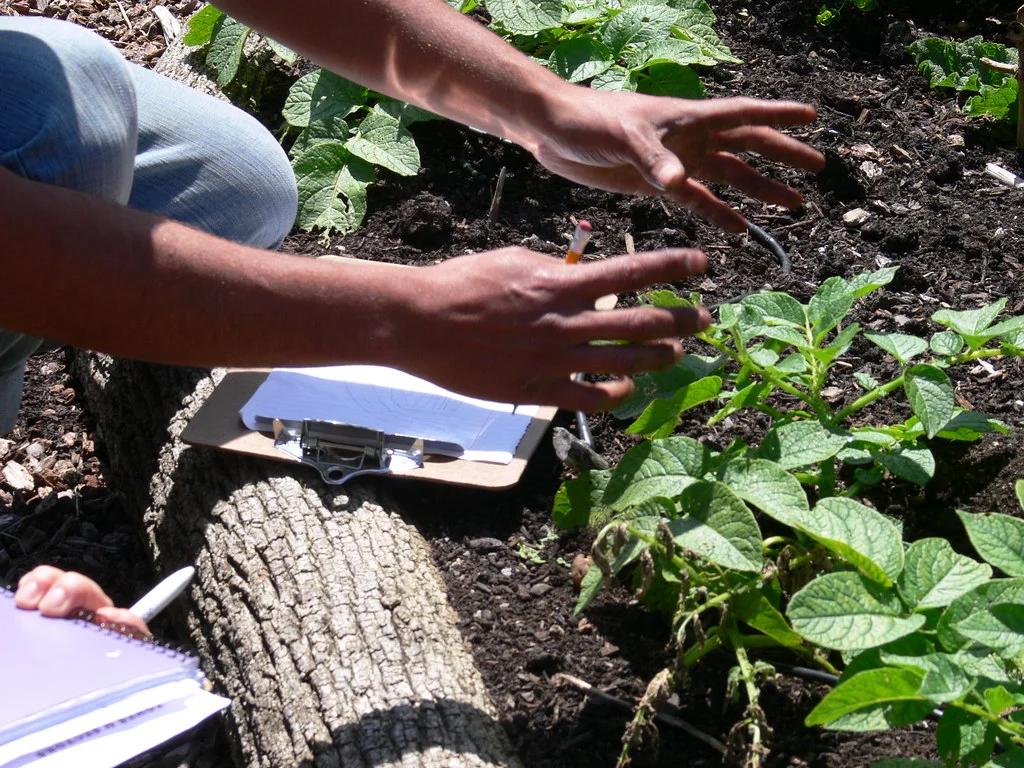Permaculture Feeds
Benefits of Permaculture
Benefits of permaculture are unlimited, Permaculture was developed in the 1970s as a method of achieving self-sufficiency by mimicking natural ecosystems, and it is seeing more mainstream interest today because of its extreme effectiveness.
Today, the backyard of any house is even more important than ever before. Permaculture gardening can become a new trend for those who want to make their life easier and happier.
In this article you will read how Permaculture gardens use techniques that combine the benefits of wildlife gardening, edible landscaping, and native-plant cultivation into one low-maintenance, self-contained, productive ecosystem.
In this article you will read:
Why use Permaculture?
What is the definition of a Permaculture gardens ?
What is your reward?
You can also read about:
Bill Mollison the Permaculture founder
Who is Geoff Lawton and what is his role in permaculture?
Why use Permaculture?
Permaculture is eco-friendly: It allows for an increase in diversity in our crops, which means more food for a growing world population. It also reduces environmental impact by allowing people to live off the land rather than having to buy food from supermarkets and other stores that contribute to deforestation and pollution.
And for sure Permaculture saves money: By using natural methods, people can save money on irrigation systems, pesticides and herbicides, which reduces the cost of their food system while also making life easier and healthier for them when they grow their own food.
Permaculture also makes a better world: When people use their minds to make decisions that work with nature rather than against her, they make the world a better place for all of us who will come after us.
What is the definition of Permaculture gardens ?
Many of us have an image in our minds of what a garden is supposed to look like: a neatly trimmed lawn, a row of flowers, perhaps a vegetable patch here and there.
But permaculture aims at gardens that are anything but neat and tidy. Instead, permaculture gardens mimic the natural way things grow in the wild. This not only allows plants to flourish without much care, but it also helps preserve the environment.
While there are many variations on the theme of permaculture gardening, all versions share the same basic principles:
Natural ecosystems are the model for design.
Water should be conserved, used efficiently and harvested from rainfall when possible.
Pest control is achieved naturally through biodiversity and integrated pest management (IPM).
Waste from the system is used as a resource instead of pollution.
Diversity in species is encouraged both within each habitat as well as throughout the garden as a whole.
Energy needs are met by renewable resources such as solar energy, wind energy and biomass fuels.
What is your reward?
There are many and varied benefits from increased yield to better health to more self-sufficiency. Permaculture gardens encourage biodiversity through companion planting and attract beneficial insects for pest control. They protect against drought by using water-conserving techniques such as mulching, swales and keyhole beds, which also improve soil quality. Instead of relying on chemical fertilizers and pesticides that pollute groundwater, permaculture gardens use natural composting methods to enrich the soil. And by using creative solutions for water catchment and storage.
There are enormous benefits of permaculture. Some of them are beneficial for the individual and some of them beneficial for the community. Permaculture is a way of life that can heal our planet, our communities, and ourselves.
Here are 15 ways that individuals and communities can benefit from permaculture:
1. It can help you grow your own food.
2. It can help you to live a more sustainable lifestyle.
3. It can help you save money with less spending on resources like water, gas, and electricity.
4. It can help you reduce waste by making use of scraps and composting things like food scraps, paper towels, etc.
5. It can help you save time with less work in the garden or more free time because there is less waste to deal with (no need to sort garbage).
6. It can help you live a healthier lifestyle – better access to fresh produce means more nutrients available for your body!
7. It can teach children about nature, sustainability, and how their food is grown (and where it comes from).
8. It can provide an opportunity for people to spend time together outside instead of sitting inside all day watching TV or playing video games; getting outside offers many health benefits too!

